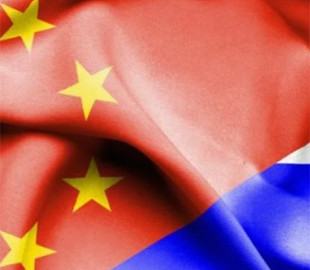
Problems in foreign trade settlements have forced large Russian banks to develop new schemes for settlements with China. According to The Moscow Times, the new scheme offers businesses a centralized scheme for payments with China through payment agents.
As the publication was told by one of the banks participating in the scheme, a large law firm and an international logistics company, Sberbank, Alfa-Bank, Sovcombank, T-Bank and Tochka Bank are participating in the scheme.
According to the participants, the scheme is unofficially called the “Chinese track”. At the same time, the agreement on its creation was reached at a high political level, according to reports from some banks, the scheme was created by the central banks of Russia and China.
Problems in foreign trade settlements have forced major Russian banks to develop new schemes for settlements with China. According to The Moscow Times, the new scheme offers businesses a centralized scheme for settlements with China through payment agents.
As one of the banks participating in the scheme, a large law firm and an international logistics company, told the publication that Sberbank, Alfa-Bank, Sovcombank, T-Bank and Tochka Bank are participating in the scheme.
According to the participants, the scheme is unofficially called the “Chinese track.” At the same time, the agreement on its creation was reached at a high political level, according to reports from some banks, the scheme was created by the central banks of Russia and China.
Depending on the bank and the payment amount, the commission under the new scheme will be from 1% to 2.5%. The commission includes the agent's remuneration and payment for currency control carried out by the bank. At the same time, independent payment agents now charge an average of 2-2.5% for making a payment, and the Shanghai branch of VTB, popular with Russian importers, charges 2.45%.
Problems with settlements between Russia and China
Recall that in November it became known that the Bank of China – the fourth largest bank in the PRC by assets – began blocking transfers in yuan from countries that the Russian Federation uses to purchase goods and equipment.
And even earlier, in August, Russians complained that payments worth billions of yuan were “frozen” because Chinese banks began to suspend operations with the Russian Federation.

